NSO, Pegasus and the fall of Novalpina
Attention shifts to the capital providers behind NSO
When a recent data leak revealed that the phones of thousands of journalists, activists and human rights lawyers had been infected with Pegasus spyware, public attention immediately turned to its Israeli parent company, NSO. However, it did not take long for the scandal to reach NSO’s private equity owners, Novalpina Capital.
Startup to unicorn
NSO was founded by ex-members of the Israeli Intelligence Corps in 2010. Funded initially by an Israeli VC Fund, Genesis Partners, the company developed a range of tools which are capable of compromising and extracting data from a mobile phone without the user’s knowledge.
The company was acquired by the private equity fund Francisco Partners in 2014 for $130m, and promptly embarked on a market expansion strategy which saw NSO supply its technology to governments in Mexico, Panama and Saudi Arabia. By 2017, NSO had almost 500 employees and Francisco Partners were seeking a sale in excess of a unicorn valuation of $1 billion.
Alarm bells
Later that year, Blackstone reportedly pulled out of buying a 40% stake in NSO after enhanced due diligence revealed that the technology was linked to spying by the Mexican government.
By early 2018, it was becoming apparent to human rights campaigners that their communications were being accessed by repressive regimes. Amnesty International announced that its staff had been subject to deliberate hacking attempts by NSO. Pegasus was also allegedly used by Saudi Arabian authorities to track the murdered journalist Jamal Khashoggi in the weeks leading up to his death.
Francisco exited its investment in NSO in early 2019, selling the company back to its founders in an MBO backed by London-based private equity fund Novalpina Capital Partners. One of Novalpina’s founders, Stephen Peel, once described Novalpina’s mission as “to find deals that other people don’t see or don’t want to do.”
Turbulence at Novalpina
Almost immediately, Novalpina found themselves on the wrong side of public opinion. Peel’s wife Yana was forced to resign as CEO of London’s Serpentine Gallery amidst public revelations of her beneficial interest in NSO.
Since the public criticism of the NSO acquisition in 2019, the three founders of Novalpina (Peel, Stephan Kowski and Bastian Lueken) have been engaged in a bitter dispute over the future of the fund and its remaining capital. The dispute is reported to have started over use of fund assets to fund Yana Peel’s legal costs, but escalated as Kowski and Lueken reportedly tried to wrest the Peels’ control over the fund’s Luxembourg holding entities.
Pegasus project revelations
In July 2021, a consortium of international investigative journalists, led by the Guardian in London and Forbidden Stories in Paris, published the results of a data leak. It demonstrated that NSO’s technology was used to spy on journalists, human rights campaigners, politicians and other public figures. The US Congress has moved to sanction NSO, with a proposal to place it on an export blacklist that would bar US companies from doing business with NSO.
As initial shock and anger over the Pegasus revelations subsided, commentators began to trace the financiers behind NSO. The Peels themselves, and their high-profile London lifestyle, featured prominently in media coverage. As scrutiny of Novalpina increased, so did boardroom tensions between the founders and unease among the fund’s investors.
On 27 July, matters reached a head when Novalpina’s limited partner advisory committee voted to seize control, liquidate the fund, and sell its assets under the supervision of a third party manager.
Financiers in the court of public opinion
Whilst the dissolution of Novalpina has been officially attributed to the turmoil between the founders, it seems highly likely that the Pegasus revelations played a role. One commentator dubbed it “a scandal too far”.
When corporate scandals break, it is no longer sufficient for funds to say that they made an arms length investment, complied strictly with their legal obligations, or were not made aware of the issue. Reporters now routinely scrutinise the financing structures which enabled the business model, while the wider public at large and (very often) a fund’s own investors expect a higher standard of care. In this environment of enhanced scrutiny, substantive due diligence on the ethical and governance record of portfolio investments is more vital than ever.

